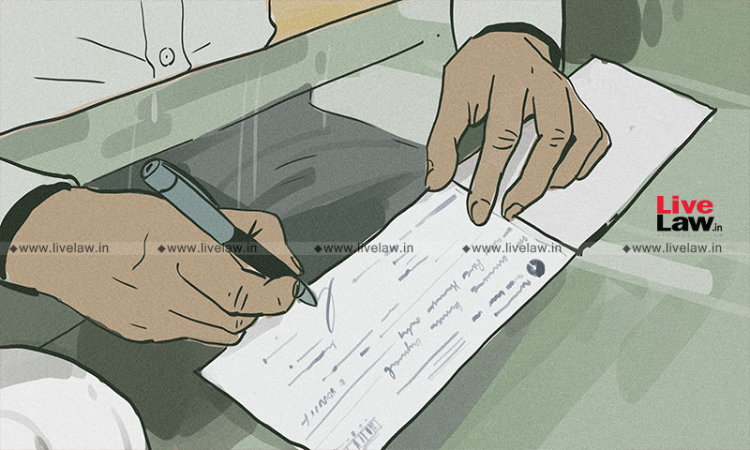Dishonor Of Cheque Due To Incomplete Signature Would Constitute An Offence U/S 138 Of NI Act: J&K&L High Court
Sparsh Upadhyay
4 Jan 2022 8:44 PM IST

Next Story
4 Jan 2022 8:44 PM IST
The Jammu and Kashmir and Ladakh High Court has held that the dishonor of a cheque for the reason that there were incomplete signatures appearing on the cheque, constitutes an offence under Section 138 of the Negotiable Instruments Act.This assertion came from the bench of Justice Sanjay Dhar, which was dealing with a plea filed by Parvaiz Ahmad Bhat and another challenging the complaint...
